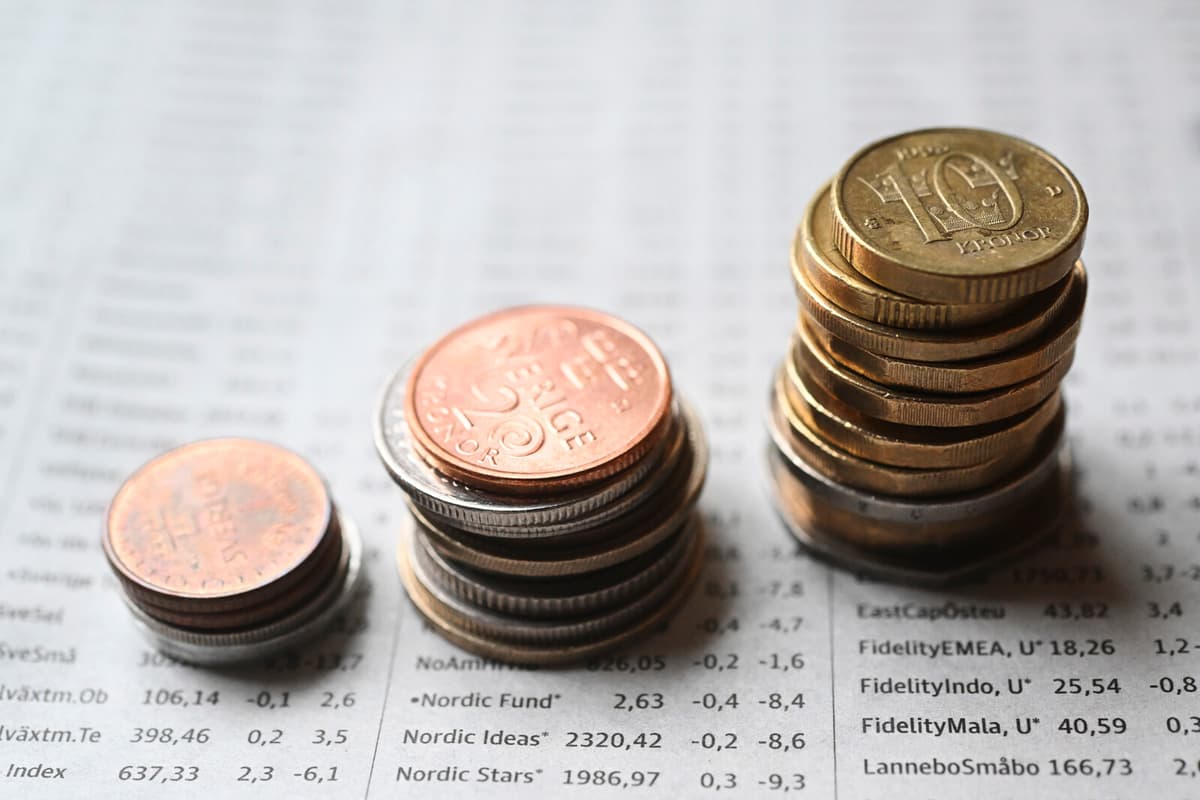The government borrowing rate, which among other things affects the tax on investment savings accounts in 2025, has been set by the National Debt Office to 1.96 percent. This is a lower rate than last year, when it landed at 2.62 percent.
A lower government borrowing rate also means lower taxes for those with an ISK savings. In 2024, the ISK tax was 1.09 percent. Next year, it will be 0.89 percent, according to the formula used to calculate the tax.
Increased Savings
The withholding tax for ISK, which is paid on the entire capital each year, is based on a formula where the government borrowing rate plus one percentage point is used. The tax is then 30 percent of that.
However, the tax only applies to those with savings over 150,000 kronor. From 2025, savings up to 150,000 kronor will be tax-free, following a previous decision by the government together with the Sweden Democrats. The level will be raised to 300,000 kronor in 2026.
The lower tax is good for savers in the interest rate situation we are in, to get an extra boost on the way to increased savings. It is also positive that the government is fulfilling its promise, even if it happens step by step, says Shoka Åhrman, savings economist at SPP.
"Works for Most People"
For someone with, for example, 200,000 kronor in savings, it's a tax of 445 kronor, which can be compared to 2,172 kronor for the same amount in 2024. The large decrease is mainly due to the introduced tax exemption.
But how should one think as a small saver around potential savings – ISK or more traditional securities deposit?
Capital insurance and ISK are the savings forms that work for most people. With ISK, you also avoid the whole moment of declarations, which makes it easier, says Åhrman.
But when it comes to choosing to save on a fund account or deposit, it's the long-term return that determines how we should think about it. If you're saving in a large proportion of bond funds with a lower return, then saving on a fund account and paying capital gains tax may be a better alternative, she adds.






